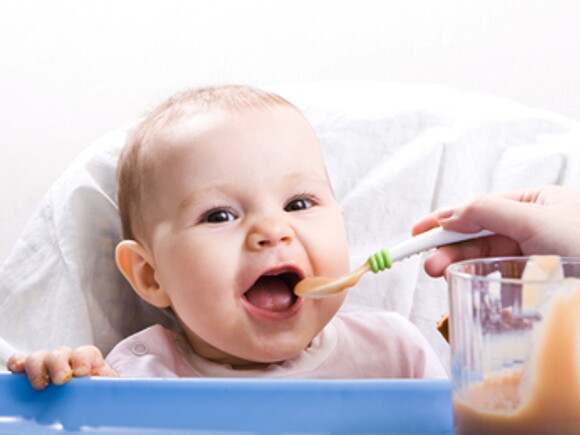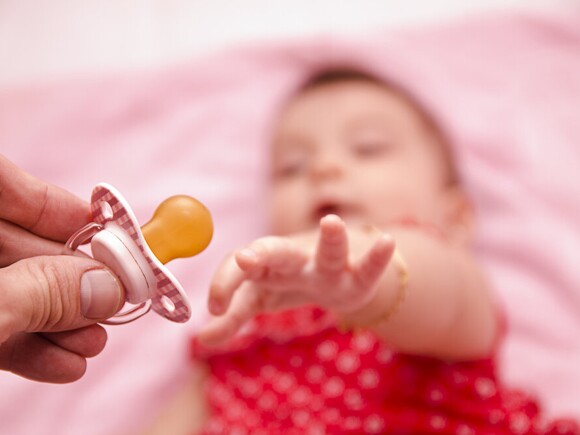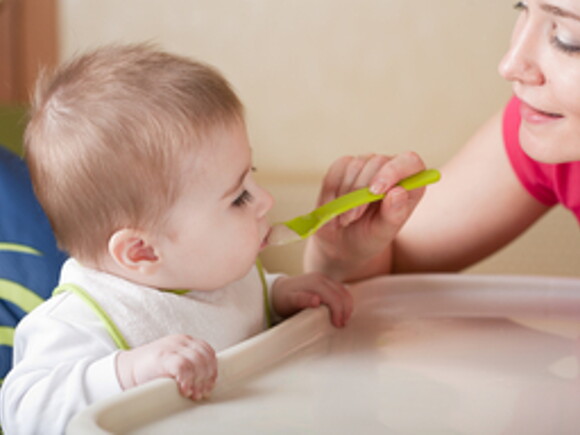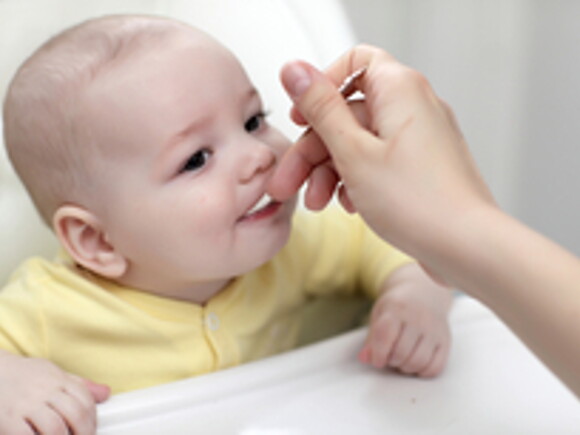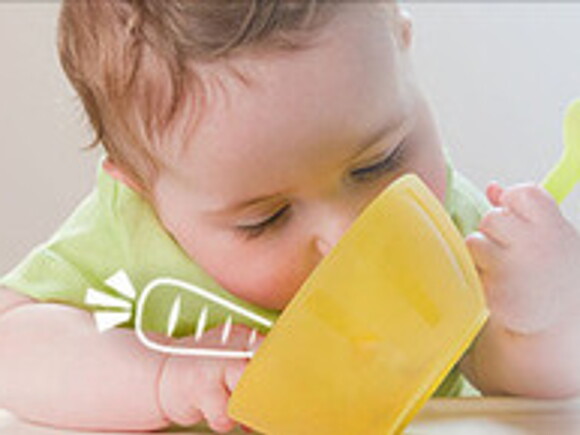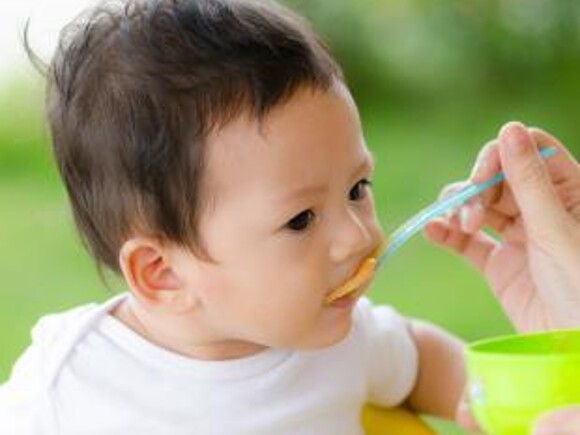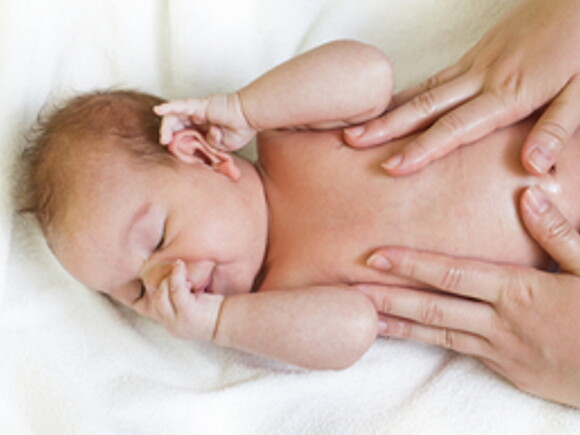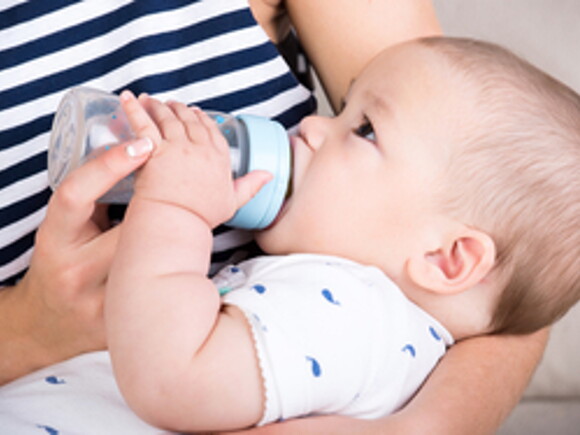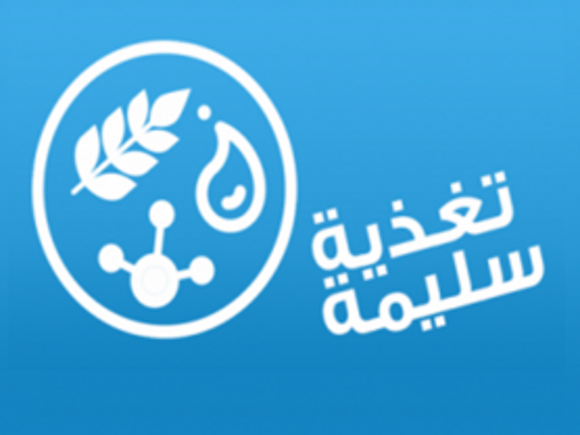Some kinds of allergy, including food allergy, are genetic, which means they can be passed from one generation to another. Even if the baby is not descending from a family with history of atopic eczema, the risks of suffering from same still exist at an average of 20%.
If you or your husband has allergies and suspect your baby inherited this condition from one of you, we advise you to try your best to breastfeed him exclusively till his six-month birthday.
It is already known that breastfeeding can protect children in varying degrees by providing them with the nutrients and antibodies they need to boost their immune system and keep allergy at bay.
And when it’s time for you to wean your bundle of joy and introduce him to the broad world of solids, we recommend you to wisely choose the strategy you want to adopt for this important phase, following this list of tips and instructions:
- Make sure that your baby’s weaning or complementary breastfeeding phase starts once he’s six month old. If you need to wean him before that, make sure it won’t be before his seventeenth week, for the early exposure to allergens can stimulate his body to produce antibodies that will pave the way for allergic reaction.
- At first, introduce your baby to the least allergy-causing foods, including carrot, sweet potato, spinach, broccoli, zucchini, potato, and fruits like mashed apple, banana, avocado and apricot.
- Few weeks later, try to introduce your baby to new foods such as meat, vegetables, rice, corn and quinoa, one food at a time, so you can easily track an allergic reaction or sensitivity back to the offending food.
- At a later stage, try to add allergy-causing foods such as egg, wheat, soy, peanut, fish and gluten to your baby’s diet, one food at a time and at a space of 3 days apart so you can watch for possible allergy symptoms.
- After several attempts to introduce new solids one at a time, you can begin making combinations and serving them as new meals with new flavors.
- If you suspect your baby is showing allergy symptoms after eating certain foods, consult his pediatrician immediately.
- Keep breastfeeding your baby throughout the weaning period if possible or at least during your attempt to introduce him to new foods. But if breastfeeding is not possible for any reason whatsoever, we advise you to feed your baby partially hydrolyzed formula, which is the type of formula that contains long but broken-down protein structure and other components enhancing your baby's immunity and reducing his allergy symptoms.
- Don’t delay weaning beyond 6 months, because your baby’s body at this stage needs more nutrients than those found in your breast milk.
Hope these tips will ease your burden during the weaning period and help you determine whether your baby has a case of allergy and protect him from same, if any. Do not hesitate to consult the pediatrician before taking any of the above-mentioned steps and whenever you face any kind of difficulties. After all, he’s your one and only reference.
Read More: Getting Started On Weaning Foods!
Get full access to expert-backed nutrition support
My feed
Curated content based on your preferences
Feeding guidance
Learn about various feeding options and what each means for you and your baby
Tailored Practical Tools
Try our tailored practical tools to guide you through the parenting journey.
My First 1000 Days club
Customised notifications, reminders and newsletters
Still haven't found what you are looking for?
Try our new smart question engine. We'll always have something for you.






